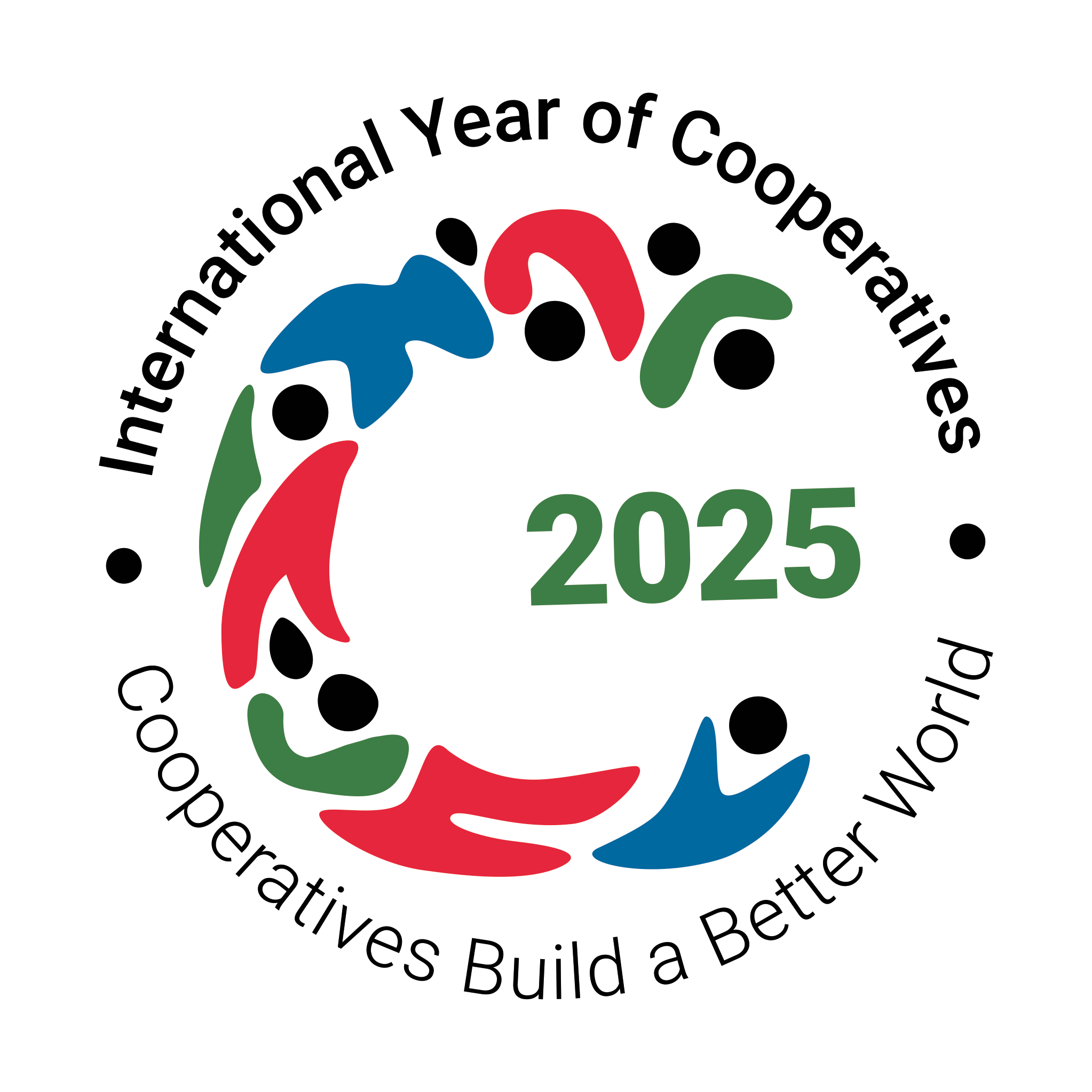Middleton Co-operating
Safeguarding Policy
Our Commitment to Safeguarding
Middleton Co-operating aims to adopt the highest possible standards and take all reasonable steps in relation to the safety and welfare of everyone our organisation comes into contact with. This policy statement focuses specifically on the welfare of children, young people and vulnerable adults.
Terms and Definitions
Adult: A person aged 18 years or over.
Safeguarding Adults: As defined in the Care Act 2014, safeguarding means protecting an adult's right to live in safety, free from abuse and neglect. It involves people and organisations working together to prevent and stop both the risks and experience of abuse and neglect while ensuring the adult's wellbeing.
Child or Young Person: A person who has not yet reached their 18th birthday, as defined in the Children Act 2004.
Safeguarding Children: Defined in Working Together to Safeguard Children 2018 as:
- Protecting children from maltreatment
- Preventing impairment of children’s health and development
- Ensuring that children grow up in circumstances consistent with the provision of safe and effective care
- Taking action to enable all children to have the best outcomes
Policy Statement
Middleton Co-operating:
- Believes everyone has the right to live free from abuse or neglect regardless of personal characteristics.
- Is committed to creating a safe and positive environment with a culture of openness.
- Recognises safeguarding as everyone’s responsibility and is committed to preventing abuse.
- Understands that wellbeing and life circumstances affect a person's resilience and ability to seek help.
- Follows safeguarding legislation and procedures relevant to children and adults with care/support needs.
- Ensures safeguarding actions are proportionate and respectful of the adult's voice.
- Believes in the responsibility to promote welfare and protect children and young people.
- Adopts an intersectional and reflective approach to safeguarding with ongoing learning.
Scope
Applies to all involved in Middleton Co-operating including employees and the Management Committee, covering safeguarding concerns involving our co-op or the wider community.
Purpose
This policy ensures all involved understand:
- Relevant safeguarding legislation, policy, and procedures
- Their role and responsibilities
- How and to whom concerns should be reported
Implementation
Middleton Co-operating commits to:
- Ensuring all staff understand their responsibilities within this policy
- Designing activities to minimise harm risks
- Following safe recruitment practices including DBS checks where needed
- Making referrals to the Disclosure and Barring Service when required
- Ensuring contractors have safeguarding policies or agree to ours
- Training employees and volunteers in safeguarding based on their roles
- Promptly following up on safeguarding concerns
- Appointing Designated Safeguarding Leads (DSLs)
Designated Safeguarding Leads
Kerry Amanda Edwards and Veronika Susedkova are DSLs. Contact:
- Kerry: kerryama@hotmail.co.uk
- Veronika: veronika@middleton.coop
DSLs are responsible for monitoring and sharing safeguarding concerns with the appropriate authorities. They will document decisions clearly and maintain confidentiality.
Reporting Procedure
Concerns should be reported to DSLs. If both DSLs are implicated, contact safeguarding@middleton.coop or:
- Rochdale Children’s Social Care Team: 0300 303 0440 (Out of hours: 0300 303 8875)
- LADO: lado@rochdale.gov.uk
- Adult Care: adult.care@rochdale.gov.uk | 0300 303 8886
For serious immediate risks, call 999 or seek emergency medical care.
Response
Upon receiving a concern:
- Listen and empathise
- Avoid asking "why"
- Clarify details
- Seek support if unsure
Confidentiality
Information is shared on a need-to-know basis only, including among Management Committee members.
Record Keeping
Written, dated records of concerns must be kept securely and confidentially.
Our Partner Responsibilities
We expect safeguarding policies from partners or adherence to ours, and their commitment to safe working practices.
Our Employee, Management Committee and Volunteer Responsibilities
Responsibilities include:
- Creating safe environments
- Listening and respecting vulnerable individuals
- Reporting concerns appropriately
- Whistleblowing if necessary
Appendix
1. Safeguarding Learning Resources
- Maslaha Radical Safeguarding Project
- Contextual Safeguarding
- Intersectionality and Safeguarding (Safeguarding Support Hub)
- Intersectionality in SEND
2. Organisations Supporting Safeguarding
- Rochdale Borough Council: Safeguarding for adults and children
- NSPCC: 0808 800 5000 | help@NSPCC.org.uk
- Respond: 020 7383 0700 | 0808 808 0700
- Hourglass (elder abuse): 0808 808 8141
4. Types and Signs of Abuse - Vulnerable Adults
- Discriminatory
- Domestic abuse/violence
- Financial or material
- Neglect and acts of omission
- Organisational
- Physical
- Psychological
- Sexual
- Self-neglect
- Modern slavery and trafficking
5. Types and Signs of Abuse - Children and Young People
- Physical abuse
- Sexual abuse
- Neglect
- Emotional abuse
- Bullying (including cyberbullying)
- Domestic abuse
- Online abuse
This list is not exhaustive. Adults must remain alert to signs and take action if abuse is suspected.




